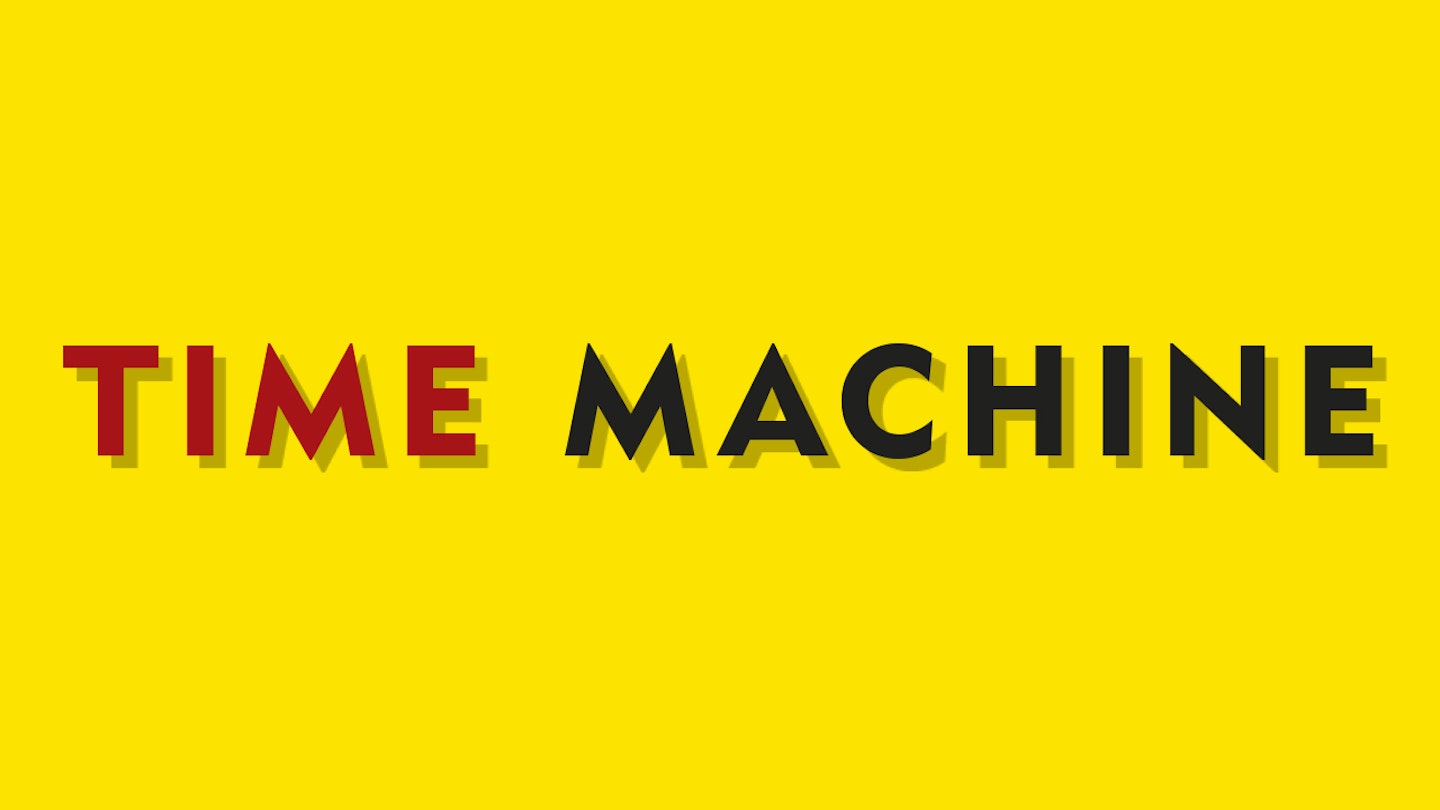8 August, 1975
It was the biggest night in the history of Nashville’s Martin Oaks 100 Theatre. Opened in 1966, at 719 Thompson Lane, it had become famous for its use of rocking chairs - though one former manager blamed his early departure from the job on the fact that he just couldn’t stand them falling to bits any longer. That Friday evening however, all 741 seats were filled, as the citizens of Music City settled down to the gala premiere of Robert Altman’s country music epic Nashville.
The film, a sprawling music biz and political satire, had opened at two New York theatres in June, gaining generally glowing reviews from pundits. Hollywood Reporter enthused: “Never before has an American movie had quite the texture, the density of both visuals and of music. It's the most epochal event since Citizen Kane.” The New York Times concurred, claiming: “Robert Altman's Nashville is the movie sensation that all other American movies this year will be measured against. It's a film that a lot of other directors will wish they'd had the brilliance to make.” The movie, which encompassed 24 major roles and 27 songs, was proving a media impact-maker of considerable chutzpah.
It's the most epochal event since Citizen Kane.
Hollywood reporter
But down in Tennessee there were rumblings, and suspicions that maybe Altman’s view of country was not favourable to Opryland regulars. Ronee Blakley’s Barbara Jean character was reputed to be based on Loretta Lynn, while Henry Gibson’s portrayal of Haven Hamilton did no favours to such luminaries as Roy Acuff and Porter Wagoner. It was pointed out that Merle Kilgore, the co-writer of Ring Of Fire and the best man at Johnny Cash and June Carter’s wedding, was the only country musician of note listed as part of the main cast.
Even so, a large number of Nashville city notables made it down to the Martin Oaks Theatre on that hot Friday night, keen to ascertain exactly how they’d been portrayed by their Hollywood counterparts. Outside the theatre some 4,000 people assembled alongside the red carpet, while majorettes the Tennessee Twirlers entertained and mayor-elect Richard Fulton and Sheriff Fate Thomas stood ready to welcome Blakley, Gibson and their co-stars Keith Carradine and Dave Peel, though director Altman was absent and working on his next picture.
The limos began pulling in and Music City’s own array of stars arrived to wave back at the fans. “Hey there’s Brenda Lee,” someone yelled, as the diminutive star bemusedly descended from one vehicle. The appearance of such as Webb Pierce, Roy Acuff, Ronnie Milsap, Billie Jo Spears, Jeanne Pruett, Del Wood, Jody Miller and Minnie Pearl kept the fans cheering, while the Silver Spurs band, perched on a flatbed track, dispensed an array of genuine country tunes, perhaps as a reminder that all of the songs that the film audience were about to hear were strictly non-Nashville and penned by thespian upstarts. At 7.15pm, when the Rutherford County Square Dancers took their bows and 21-year-old local TV reporter Oprah Winfrey completed her interviews, the brouhaha died down and the show began.
Not that Roy Acuff, was there to see if Gibson’s character bore any resemblance to him. For Acuff had already left the building. In the theatre, everyone cheered when the film’s title, NASHVILLE, was displayed on screen. But the mood changed as Blakley, in a mainly improvised scene, brilliantly portrayed Barbara Jean as a doomed neurotic, a performance that would win her an Oscar nomination. And though there were laughs, smiles gradually slid from the array of outfront faces over the next two hours and 39 minutes.
The press awaited Music City's reaction knowingly. Brenda Lee said she had a word to describe the movie but her husband pleaded with her not to say it. “The only way it will be a big movie is for it to play a long time in the North - that’s what the people up there think we look like anyway,” she eventually opined. Producer Billy Sherrill was similarly unimpressed, claiming his favourite moments came “when they shot that miserable excuse for a country singer.” And when a reporter caught up with Loretta Lynn, who, wisely perhaps, declined to attend the showing, she merely reflected “I’d rather go see Bambi”.
Acclaimed by the critics, the film did reasonably well at the box office and gained six Oscar nominations in all. But when the night arrived for the statuettes to be handed out, only one went to Altman’s masterpiece - the Best Original Song award, which the song’s writer and performer Keith Carradine gratefully accepted from Burt Bacharach and Angie Dickinson and waved it on high. At which point Music City became Gnashville.
